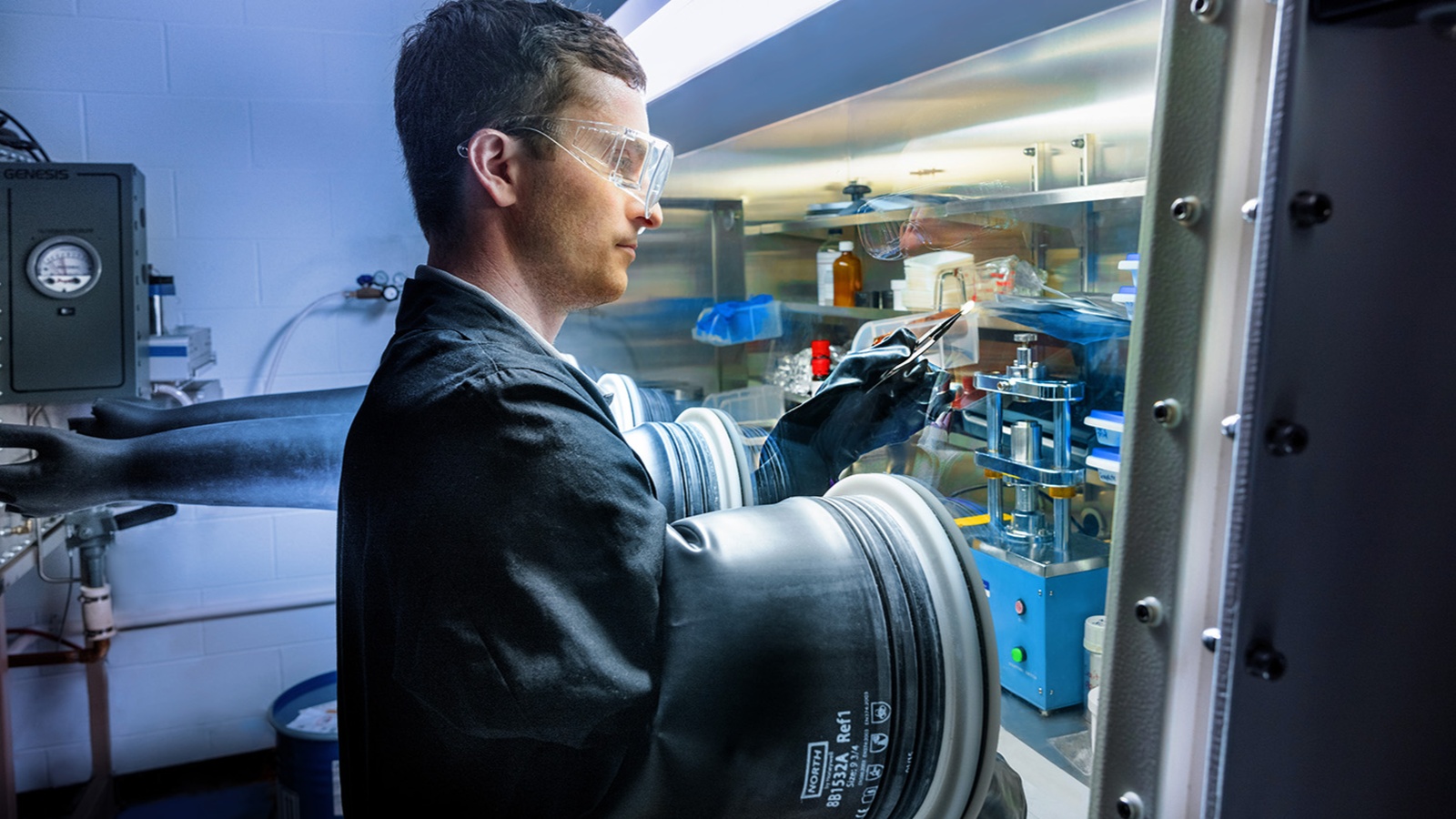“We’re Gonna Get Hit Hard”: How an R&D Tax Policy Change Hurts Manufacturers

This story can also be found within the NAM’s R&D action center.
Miltec UV operates at the cutting edge of the manufacturing industry, developing new UV lamp systems for curing inks and coatings for everything from optical fiber to soup can lids. But after a tax law change went into effect in 2022, the Maryland-based manufacturer found that R&D became much more expensive—hampering its investments and tamping down its growth.
- Until the beginning of 2022, businesses could deduct 100% of their R&D expenses in the same year they incurred the expenses. Starting this year, however, a tax law change requires businesses to spread their deductions out over a period of five years, making it more expensive to invest in growth and innovation.
We spoke with Miltec UV President Bob Blandford to understand how the change was impacting his company and consumers in the United States and around the world.
The impact: Because the law changes the way businesses have handled investments for decades, companies like Miltec UV are having to grapple with a significant new cost that they had not anticipated previously.
- “Absent congressional action, we’re gonna get hit hard,” said Blandford. “Our taxes are going to go up dramatically. That’s cash getting sucked out of the business. So that’s going to get pretty ugly.”
A critical moment: Miltec UV is facing this challenge at a time when its leaders believe an exciting new opportunity is right around the corner. The company has developed a new technology for lithium-ion batteries, which could be used for next-generation electric vehicles.
- Over the past 11 years, Miltec UV has developed manufacturing electrodes used in these batteries, which will allow manufacturers to reduce costs and eliminate the toxic solvents used in existing battery manufacturing processes.
Yet, the new tax change threatens to place significant burdens on their development of this technology.
- “The problem is in the auto world; once they say go, it’s about a five-year process,” said Blandford. “They have to prototype, prove it, test it, then make the batteries. And during that time, we need to support R&D and support the business. So amortizing R&D over five years is a showstopper.”
- “We’re at a critical place now—we’re so close to commercializing it—and now we’re having to pay more taxes out,” said Blandford. “It hurts.”
A burden for employees: If not reversed, the harmful tax change will eat into profits, which Blandford is concerned may impact important benefits for employees. Earlier this year, Miltec UV signed on to the NAM Manufacturers Retirement program—an association-wide 401(k) retirement and savings plan—as a way to improve benefits for employees. The program, which has resulted in cost savings for employees, has proved extremely popular, he added.
- However, “The tax change will have a tremendous negative impact on cash flow, so everything will be on the table,” including retirement benefits, Blandford said.
- “Our team is important to us, and the last thing we want to do is have a negative effect on paychecks and benefits,” said Blandford. “This absolutely will have a spillover effect on every part of the business.”
The last word: “Miltec funds 100% of the company’s R&D costs through the profits of its commercial business as opposed to outside investment,” Blandford said.
- “Spreading the R&D deduction over a five-year period means that each year we will now face a higher tax burden due to the inability to immediately deduct R&D expenses. That is real money that is desperately needed to stay competitive with employee salaries, benefits and even to support new R&D positions that we now are trying to fill.”
Get involved: The NAM has deployed a digital R&D Action Center that manufacturers can visit for critical R&D policy updates, industry stories and an opportunity to engage directly with their members of Congress: https://nam.org/protect-innovation/
